Remember sandlot baseball? Neighborhood kids got together anytime they could down at the empty lot, out in the street or at the playground to choose teams and play ball. No coaches, no parents, no supervision. The basic rules of the game provided a structure within which the kids decided their unique rules of playing together and the consequences of not following those rules. Sure, there were fights.

Sandlot ball doesn’t happen anymore. Children learn the rules of sports by instruction from adults, many of whom are invested in winning. Adults set the rules, teams, schedules, pressure, and consequences. Parents yell from the sidelines telling their kids what to do. Children have lost the opportunity to make, play by, and problem solve the rules of any game. They must defer to adults all the time. This is not good for our future.
How much time do your children spend unsupervised? How often do they go off in the woods or down the street with friends to create fantasy play? To make up their own rules and consequences?
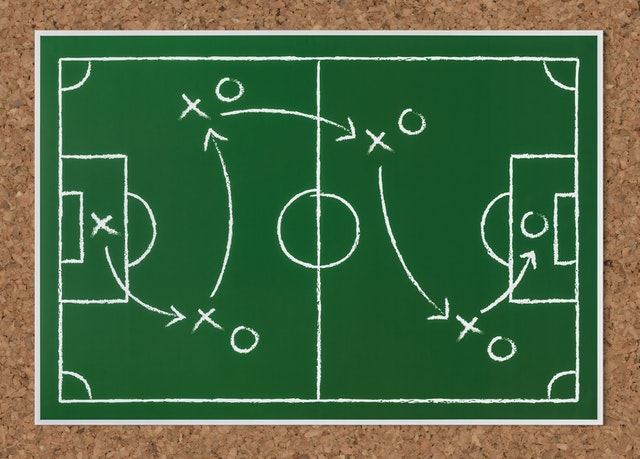
Adult intervention increased dramatically as talk of abuse and abduction entered the media decades ago. Children’s lives became highly scheduled and protected. Play happens by scheduled playdates. Working parents must keep their children attended in before and after school care. Social media and gaming keep kids alone and indoors. Mere hanging out time, disappearing on summer days until dinnertime is a thing of the past. Most parents don’t allow their children to walk to nearby stores, playgrounds and school alone without fear of being reported to authorities. Children’s lives have become fully adult controlled.
How can we expect our kids to develop resilience and self-sufficiency when we don’t give them the opportunity to learn it?
Was sandlot ball a product of a safer time? Are we responding to an unsafe world by supervising our children more and more, or has our supervision led to perceptions of an unsafe world? Do children need to be governed to be safe, or has our increased governing led to less competence to maneuver their worlds on their own and take responsibility for themselves?
There is much said about how children don’t respect rules and authority anymore. Perhaps they don’t develop as much respect for rules when those rules are always being thrown at them. Could it be that our attempts to protect our children from harm, to schedule their lives so we have more control, is inadvertently setting them up to be more dependent and less competent?
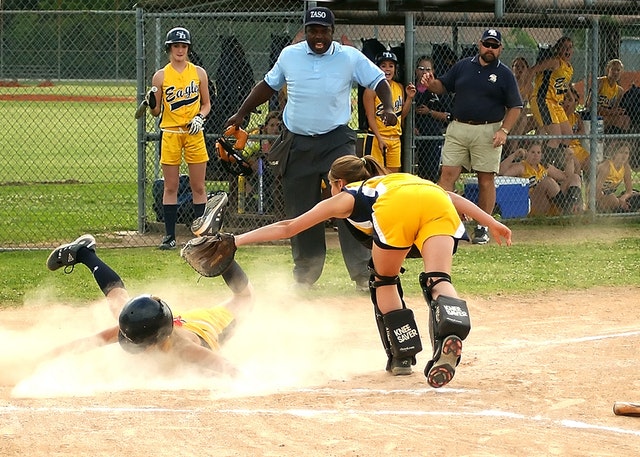
When children are told what to do, when to do it, and how to do it all day every day, they have little opportunity to take responsibility for themselves, to make mistakes, even fail, learn, and move on. Unintentionally and quite ironically, we rob them of what we most want them to learn. Even siblings are not often given the chance to duke it out and establish their own rules of behavior before separation or punishment is imposed. Yes, they may hurt each other. Kids fight for what they want — it’s part of their development.
Our “protection,” experienced as control by children, is a large factor in adolescent rebellion. By dictating rules to our children, fixing their problems, nagging to get them to do it our way, and hovering over everything they do, we have eliminated opportunities for trial and error learning, reevaluating rules through experience, and learning the demands of relationship. With homework being assigned at younger and younger ages, often at the request of parents, the young child is further robbed of valuable playtime.
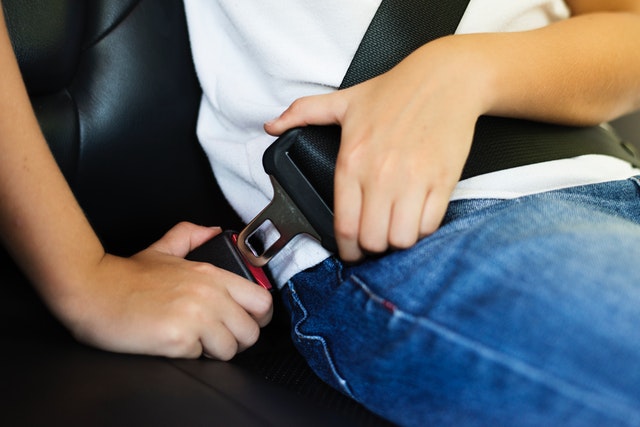
If kids have lost respect for rules and rule-makers, maybe it’s because they don’t ever get the chance to be a rule-maker.
When left to their own play, rules—perhaps ones we may think are unfair—are always incorporated. Even though immature, the establishment of rules by and for children develop into respect for rules in the family and community.
When adult impose the rules, children don’t learn the fundamental reasoning behind rules. And when adults dole out consequences for unacceptable behavior, kids don’t experience natural consequences. Consistent adult direction teaches children they don’t know how to do it and only adults do. This is not how competence is built.
Many parents overthink what a child’s normal developmental behavior means. If you see a two or three-year-old grabbing a toy from another child who starts crying, do you see the grabber as mean and in need of a “consequence”? What would it feel like to leave them alone? What do you think might happen? The interventions and control children experience create many combinations of defiance, rebellion, dependence, and anxiety — combinations that do not lead to strong, independent, responsible kids with good boundaries.
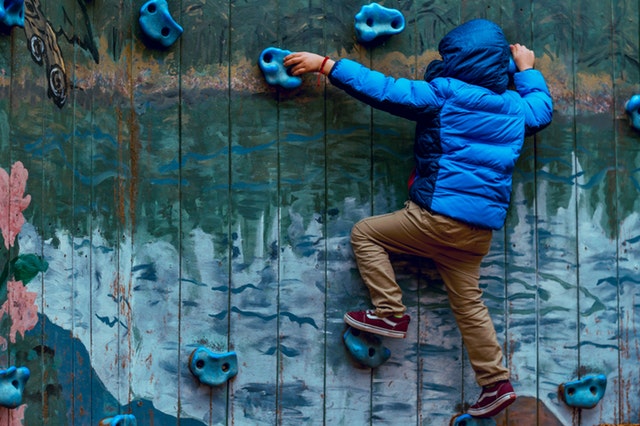
True, the world can be a scary place, but it always was. Even with supervision, we can step back, watch, trust, and expect that they can work it out and solve their own problems. Of course, intervention is often necessary, but problem-solving and conflict resolution means you are coaching them to do the work and to take responsibility. Telling them what they have to do and reacting punitively perpetuates their inability to solve problems on their own.
Look for opportunities to leave your kids alone. Allow them to help establish rules for home and classroom, plans and preparations for extracurriculars and family events. They will begin to feel like trusted, important members of their family.
As we restrain our compulsion to tell kids what to do and how to do it, we risk them making mistakes and failing. But if we understand that failing is part of the game, if we support them with compassion when they make mistakes, we will see them rebound with a better understanding of how the game is played.
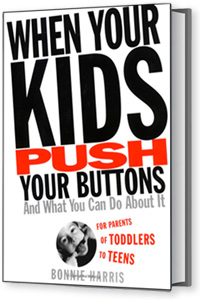
We punish our children in an attempt to keep them from pushing our buttons, often escalating the original problem into a cycle of anger and blame. When Your Kids Push Your Buttons is not about what to do to your kids to get them to stop pushing your buttons. This book is about how to be the parent you wish you could be-the parent that only you are holding yourself back from.







